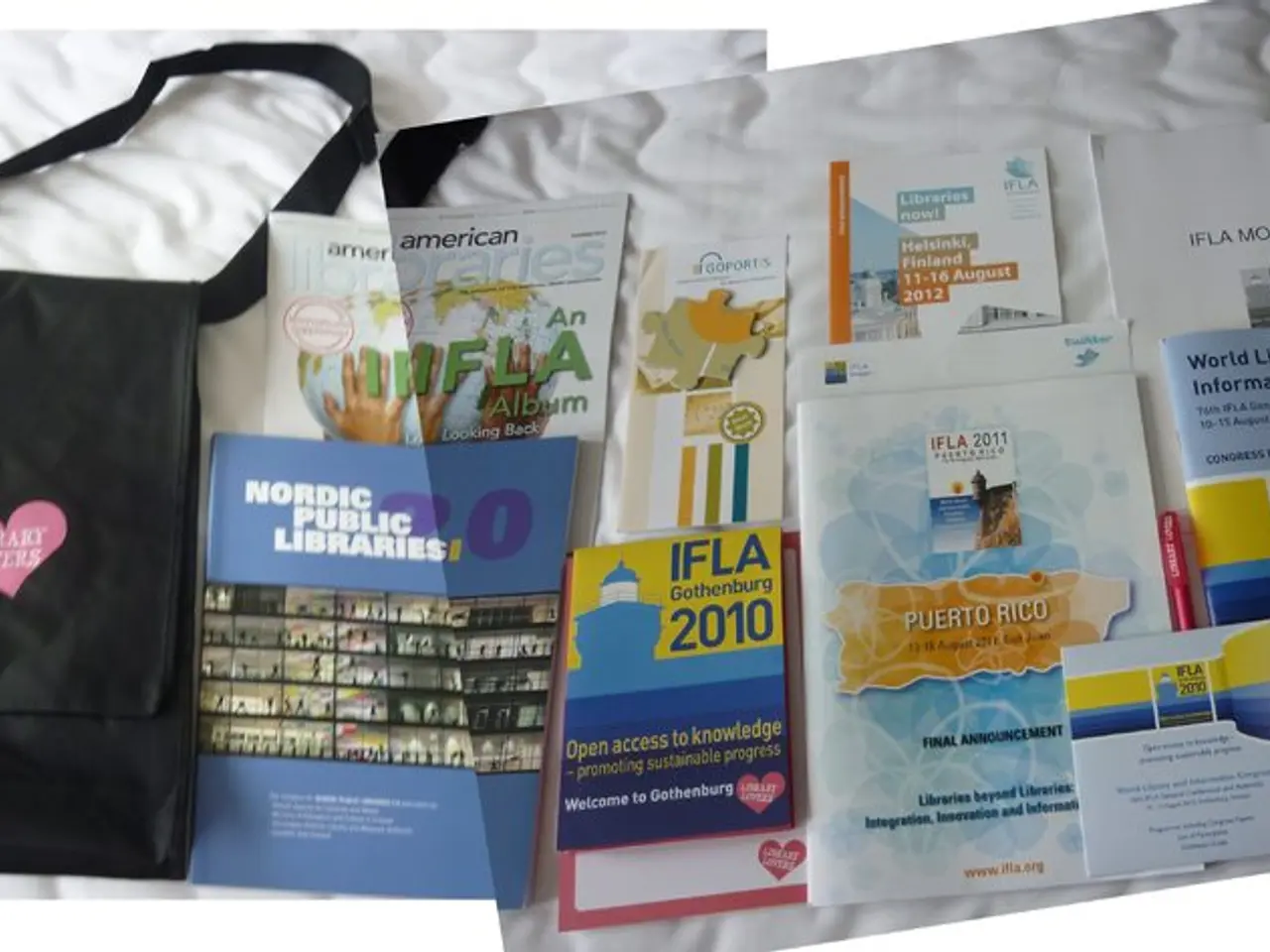Explore the Top 10 Enticing Reasons to Travel to Denmark, the new Leader of the EU Council
Denmark has assumed the presidency of the EU Council, marking a significant moment for the European Union (EU) as it grapples with a volatile and uncertain environment. From July 2025 to January 2026, Denmark will steer the Union through a period of rising security demands, internal fragmentation, geopolitical realignments, and rapid transformations in the global economic order.
Denmark's presidency objectives are multifaceted, encompassing enlargement, security, fiscal reforms, and climate action. The country prioritizes advancing the enlargement process, specifically seeking progress in integrating Ukraine and Moldova into the EU, reflecting ongoing geopolitical shifts and the Union’s strategic interests in Eastern Europe.
In terms of fiscal reforms, Denmark aims to continue building on recent legislative achievements by focusing on taxation, combating tax evasion and avoidance, and reducing administrative burdens, particularly for small and medium-sized enterprises and startups. The presidency will also work on the Directive on Administrative Cooperation (DAC9) and enhancing regulatory frameworks for businesses.
Security is another key focus area, with Denmark simultaneously chairing discussions on Women, Peace, and Security and Climate, Peace, and Security at the United Nations Security Council. The EU presidency theme, “A Strong Europe in a Changing World,” underscores Denmark’s ambition to strengthen Europe’s resilience and influence amid global security challenges like the war in Ukraine and Middle East conflicts.
Climate and clean technologies are also high on Denmark's agenda, with the presidency set to scale up clean technologies and continue debates on climate policies, such as revisions to the European Climate Law. Denmark's commitment to the green transition is evident in its initiatives towards sustainable living, green energy, and bike-friendly cities.
Beyond its EU Council presidency, Denmark offers a rich cultural experience. The country is home to architectural marvels such as the Royal Danish Opera House, Superkile Park, the Black Diamond, and the Danish Maritime Museum, which won the award for Best Building in the World Architecture Festival.
Copenhagen, the Danish capital, blends royal history with modern architecture, and the city enjoys up to 17 hours of daylight in June, with sunrise as early as 3:30 am and sunset around 10 pm. Denmark's cuisine consists mainly of ingredients such as bread, potatoes, fish, and pork, with typical dishes including smørrebrød, stegt flæsk, oysters, and pickled herring.
Denmark is widely recognized for its green energy initiatives, bike-friendly cities, and commitment to sustainable living. It has confirmed its reputation as a global foodie destination, with a local restaurant in Copenhagen being named the World's Best Restaurant in 2021. Visitors can also immerse themselves in the creative universe of Hans Christian Andersen at his house in Odense.
The Viking history is a major part of Danish identity, with the most famous Viking Ship Museum located in Roskilde. Denmark often ranks among Europe's safest countries, making it an attractive destination for tourists and residents alike. Danish architect Bjarke Ingels designed the Danish Maritime Museum, further cementing Denmark's reputation as a hub of architectural innovation.
As Denmark navigates its EU Council presidency, Danish Prime Minister Mette Frederiksen has stated that Europe is at a defining moment in time. The presidency is described as “no ordinary presidency” and a “stress test” for Europe, emphasizing the complexity and multiple pressures the Union faces currently. However, with its strategic priorities and commitment to stability, Denmark is poised to steer the EU through these challenging times.
- Denmark, as the EU Council President, aims to explore the enlargement of Ukraine and Moldova, reflecting a strategic focus on Eastern Europe.
- In the realm of fiscal reforms, Denmark plans to investigate taxation, combat tax evasion, and streamline administrative burdens for businesses.
- The dialogue on Women, Peace, and Security, as well as Climate, Peace, and Security at the United Nations Security Council, is a key aspect of Denmark's security focus during its EU presidency.
- Climate policies are high on Denmark's agenda, with the revised European Climate Law and the scaling up of clean technologies being major points of discussion.
- Copenhagen, Danish capital, is a culturally rich destination, blending history with modern architecture, and boasting up to 17 hours of daylight in June.
- Denmark's cuisine, centered around ingredients like bread, potatoes, fish, and pork, offers a unique food-and-drink experience, with smørrebrød, stegt flæsk, oysters, and pickled herring being typical dishes.
- Sustainability is at the heart of Denmark's lifestyle, with its commitment to green energy, bike-friendly cities, and eco-tourism making it a popular destination for foodies and adventure-seekers alike.
- Local attractions include the Royal Danish Opera House, Superkilen Park, the Black Diamond, and the Danish Maritime Museum, all of which showcase Danish architectural innovation.
- Beyond architectural marvels, Denmark's Viking history is a significant part of its identity, with the Viking Ship Museum in Roskilde providing a glimpse into this rich past.
- General news and politics aside, Denmark offers a peaceful lifestyle, often ranking among Europe's safest countries, making it an appealing destination for many tourists and residents.
- As Denmark steers the EU through challenging times, it remains committed to maintaining stability, thus ensuring a strong Europe in a changing world.




